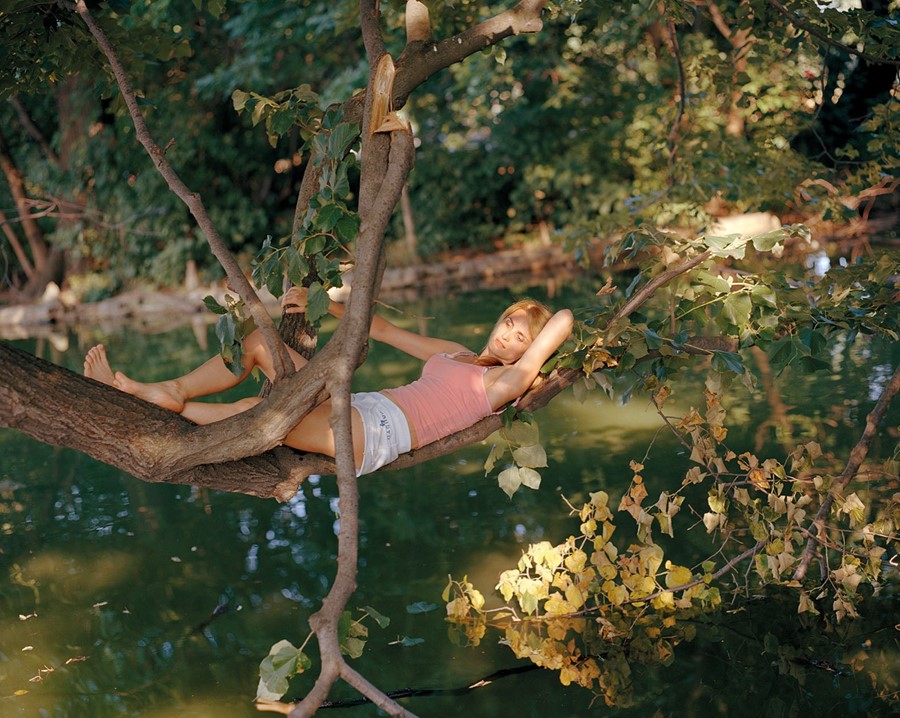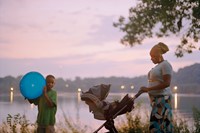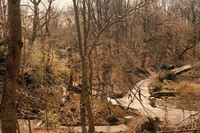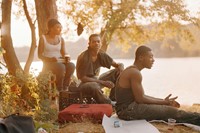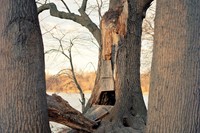In her new book In Plain Air, photographer Irina Rozovsky pays tribute to one of New York’s diverse and nourishing green spaces
New York is tough, intoxicating, relentless. It’s an inimitable city, but it’s not for everyone. “I love New York so much, there’s nowhere like it,” says Irina Rozovsky. “But it’s a place of survivors.”
The Russia-born, US-raised photographer has spent her fair share of time in the city, having lived for many years in Brooklyn. While there, she would explore the bustling, tree-lined trails of Prospect Park; a hidden “paradise” littered with “soda cans and cigarette butts.” As well as offering an escape from the frantic demands of the city, this space also served as a source of inspiration, with Rozovsky taking regular photos of her leafy surroundings. “I liked that there were so many different people,” she tells AnOther, “like the cliche of the American melting pot that seemed very real.”
In her new book In Plain Air, published by MACK, Rozovsky pays tribute to this “melting pot”. In it, we see hazy, cinematic portraits of Brooklyn’s park dwellers, whether they’re fishing, smoking, playing sport or reclining in trees. The result is a soothing, utopian vision of a democratic public space. “[There were] family, lovers, friends, different ethnic backgrounds, cultures, religions,” says Rozovsky in the book’s foreword, “all sharing the same place, the same lazy instant.”
The photographer began taking photos of Prospect Park in 2011. After leaving the city in 2014, she eventually settled in Athens, Georgia, returning to New York multiple times a year for work. Although she misses it – Rozovsky says her “heart aches” to return properly – there are mundane aspects of metropolitan life she was happy to leave behind. “I was amazed how much easier life became when I left for Georgia,” the photographer says, listing everyday tasks like grocery shopping, doing laundry and finding a parking spot. “All these basic survival things are so much easier to do in other places.”
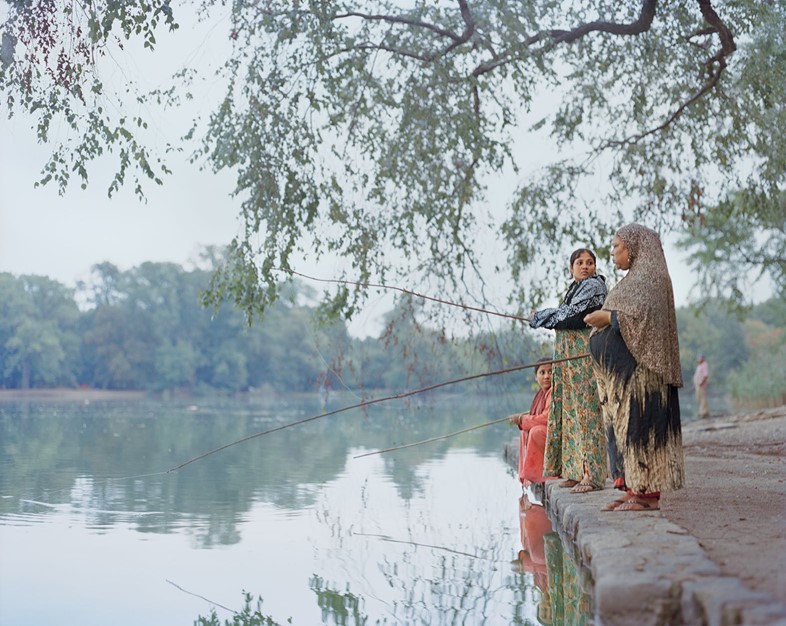
Rozovsky hopes In Plain Air will feel particularly relevant as we shift out of the pandemic. After all, public green spaces have become even more precious over the last 12 months, elevating to “holy lands” for people struggling with the confines of lockdown. “Fresh air is the social solution,” she says. “Usually we feel grateful to have a home but in recent months I feel grateful to have the outside, and warm enough weather most of the year.”
And as we shift back to some semblance of normality, it’s important to remember how much of a lifeline these spaces were, and continue to be. “I really hope things improve with the pandemic, and the environment,” Rozovsky adds. “The pandemic has taught us a lot of good. I hope it sticks.”
In Plain Air, published by MACK, is available to order now.
